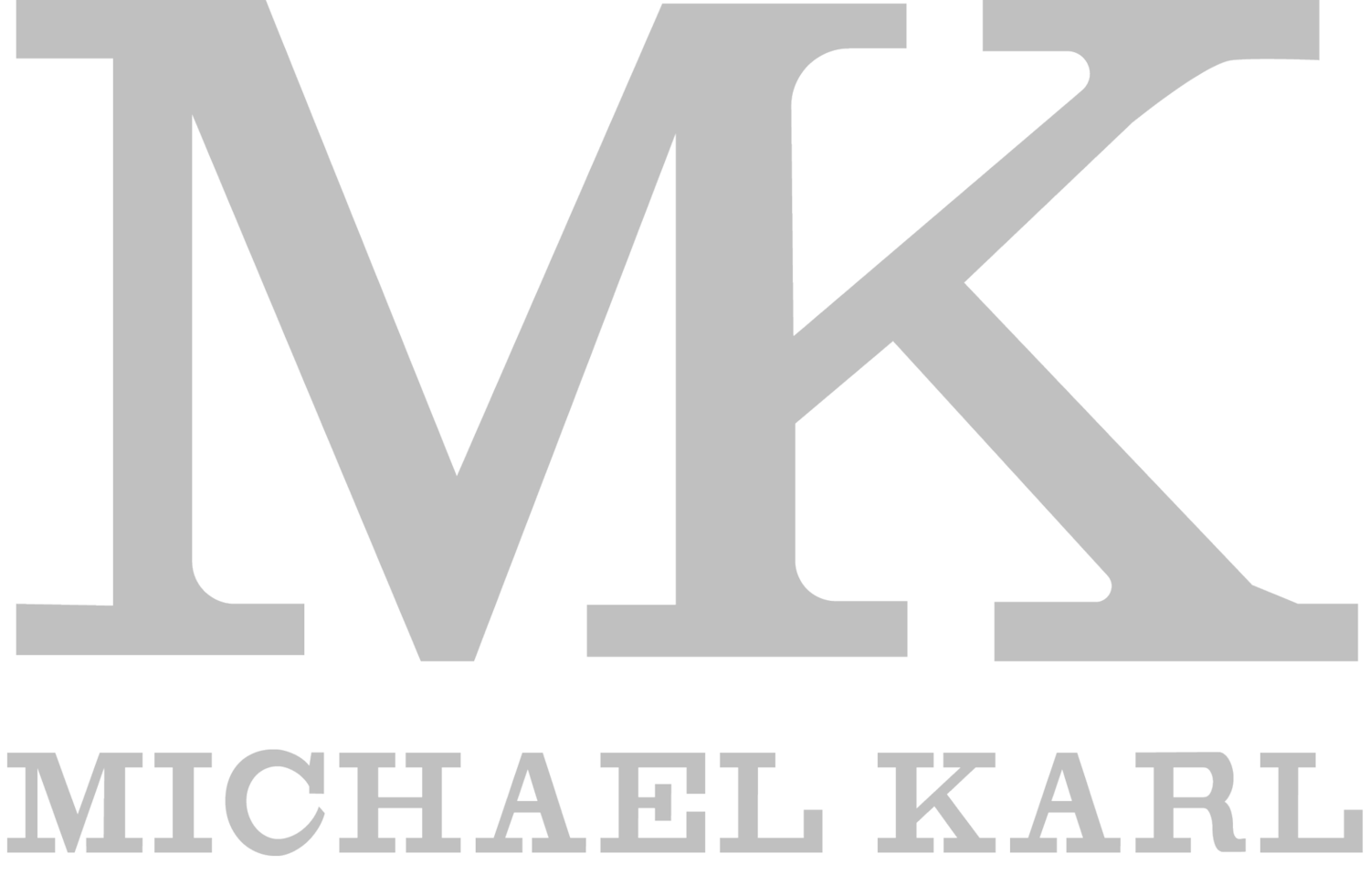In today's interconnected world, effective negotiation skills are paramount for both personal and professional success. Possessing this vital ability allows you to achieve your goals, overcome challenges, and maximize resources, leading the way for growth and development. Michael Karl, renowned magician and expert in influence and persuasion, brings his valuable insights into the world of negotiation, helping you master the skills needed to excel in life's countless opportunities.
Get ready to enhance your negotiation abilities, propel your personal and professional growth, and unlock new levels of achievement. With Michael Karl's expert guidance, the road to mastering the art of negotiation is clear and rewarding. Let's embark upon this transformative journey and empower you to seize the opportunities that lie ahead.
The Fundamentals of Negotiation: Laying a Solid Foundation
Before diving into the intricacies of negotiation techniques, it's vital to understand the fundamental concepts that underpin successful negotiations. Start by considering the following key areas:
1. Interests versus positions: Distinguish between the two by identifying the underlying needs driving a negotiator's position. Addressing these interests can lead to a more favorable outcome.
2. Establish clear goals: Develop a precise understanding of your end goal, so that you can plot a clear path to reach it.
3. Evaluate your options: Determine your alternatives if negotiations fail, and use this knowledge to assess the value of potential agreements.
4. Embrace a win-win mindset: Aim for outcomes that benefit both parties, fostering long-term relationships built on trust and satisfaction.
With these foundational concepts in mind, you're better equipped to tackle negotiation challenges and steer negotiations toward positive results.
Communication Tips for Effective Negotiation
Strong communication skills are crucial in successful negotiations. Apply these expert tips to enhance your ability to convey your message and understand your counterparts:
1. Develop active listening skills: Show genuine interest in understanding other party's needs, concerns, and positions, enabling you to address their interests effectively.
2. Be mindful of non-verbal cues: Utilize body language, tone of voice, and facial expressions to communicate your points effectively and perceive the emotions of others.
3. Exercise empathy and flexibility: Put yourself in the other party's shoes and demonstrate that you're open to considering alternative solutions.
4. Leverage persuasive techniques: Harness principles of persuasion, such as authority, liking, and social proof, to build credibility and gain your counterpart's trust.
By enhancing your communication skills, you increase the likelihood of achieving your negotiation goals and fostering positive, long-lasting relationships.
Advanced Negotiation Strategies: The Keys to Breakthrough Success
Armed with a strong understanding of negotiation fundamentals and effective communication, you're ready to explore advanced techniques that can secure win-win outcomes:
1. Assess power dynamics: Determine the balance of power between parties, and identify ways to increase your influence or leverage.
2. Use timing to your advantage: Recognize the impact of timing on negotiations – such as deadlines, context, and urgency – and use it strategically.
3. Opt for collaborative problem-solving: Replace a competitive mindset with a collaborative one, seeing the other party as a partner in finding solutions.
4. Manage conflict proactively: Accept disagreements as a natural part of negotiation but strive to address them constructively and maintain a positive atmosphere.
5. Incorporate a mediator if needed: In challenging or high-stakes negotiations, consider engaging a neutral third-party to facilitate the process and assist in resolving disputes.
By implementing these advanced negotiation strategies, you set the stage for breakthrough success, positioning yourself to tackle even the toughest of negotiation challenges.
Continuous Improvement: Refining Your Negotiation Skills for Lasting Success
The journey to mastering the art of negotiation requires ongoing development and growth. Establish habits for continuous improvement:
1. Reflect on past experiences: Analyze your previous negotiations to uncover lessons learned and areas for improvement.
2. Seek feedback and mentorship: Embrace constructive critique from peers, mentors, or negotiation partners, and apply their insights to future scenarios.
3. Stay up-to-date on negotiation strategies: Keep abreast of new negotiation techniques, industry insights, and expert perspectives to refine your skills.
4. Practice, practice, practice: Engage in regular negotiation practice opportunities, such as role-playing exercises or workshops, to continue honing your abilities.
By dedicating time to honing your negotiation skills, you'll become an exceptionally effective negotiator who can navigate any situation with grace and confidence.
Conclusion
The art of negotiation is an invaluable skill set that can propel your personal and professional life to new heights. By embracing the guidance of magician and master negotiator Michael Karl, you have access to a wealth of insights and techniques that will transform your negotiation abilities and help you achieve exceptional outcomes.
With persistence and determination, you can master successful negotiation and become a formidable force in every aspect of your life. Embrace the power of negotiation, and seize every opportunity to unleash your full potential. The journey begins now, and the keys to unlock lasting success are in your hands. Contact Michael Karl if you want to improve your communication skills!
